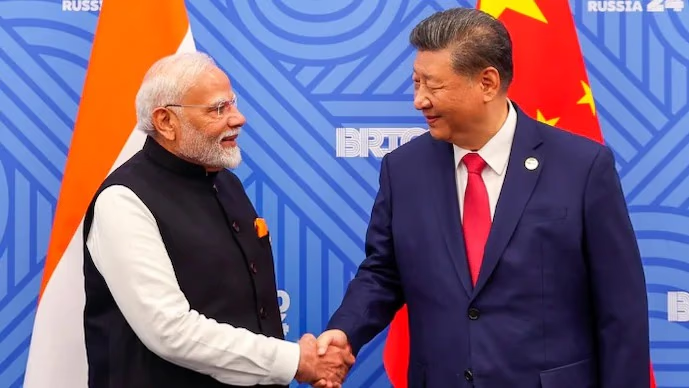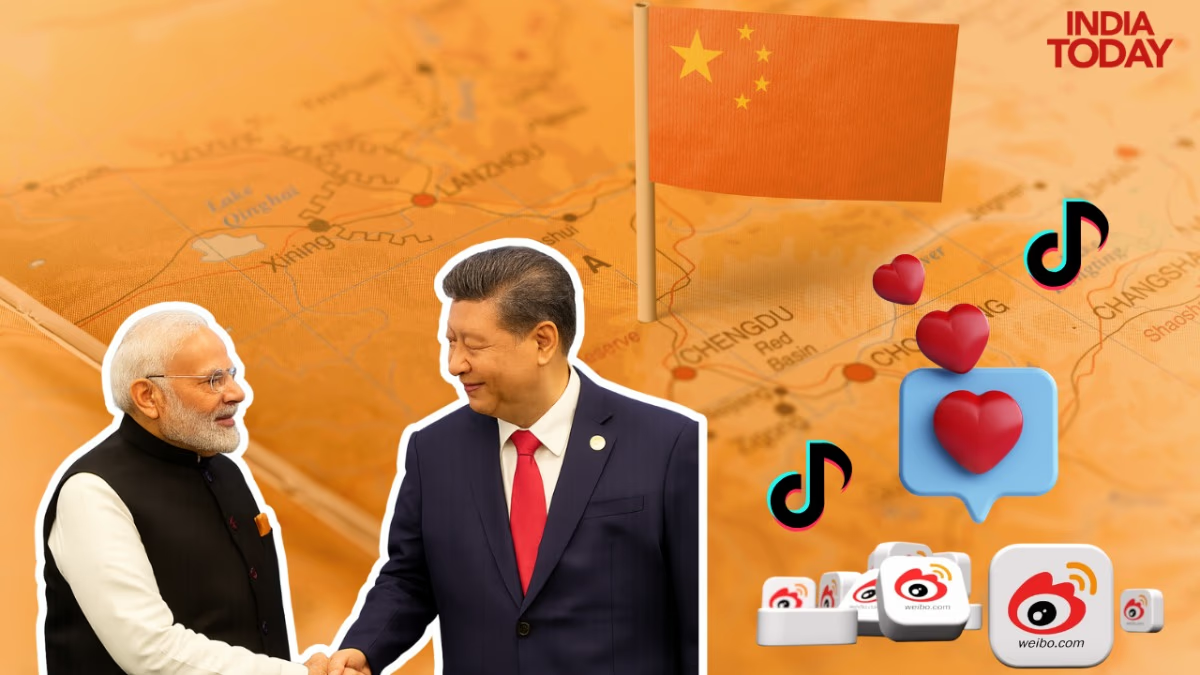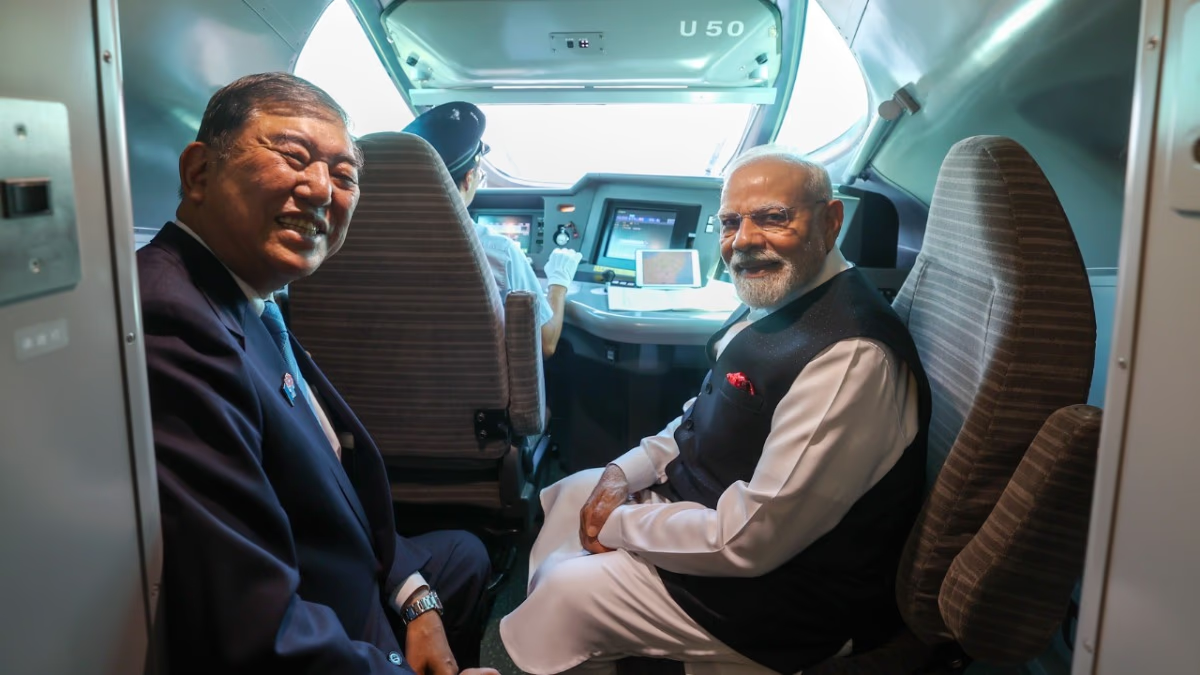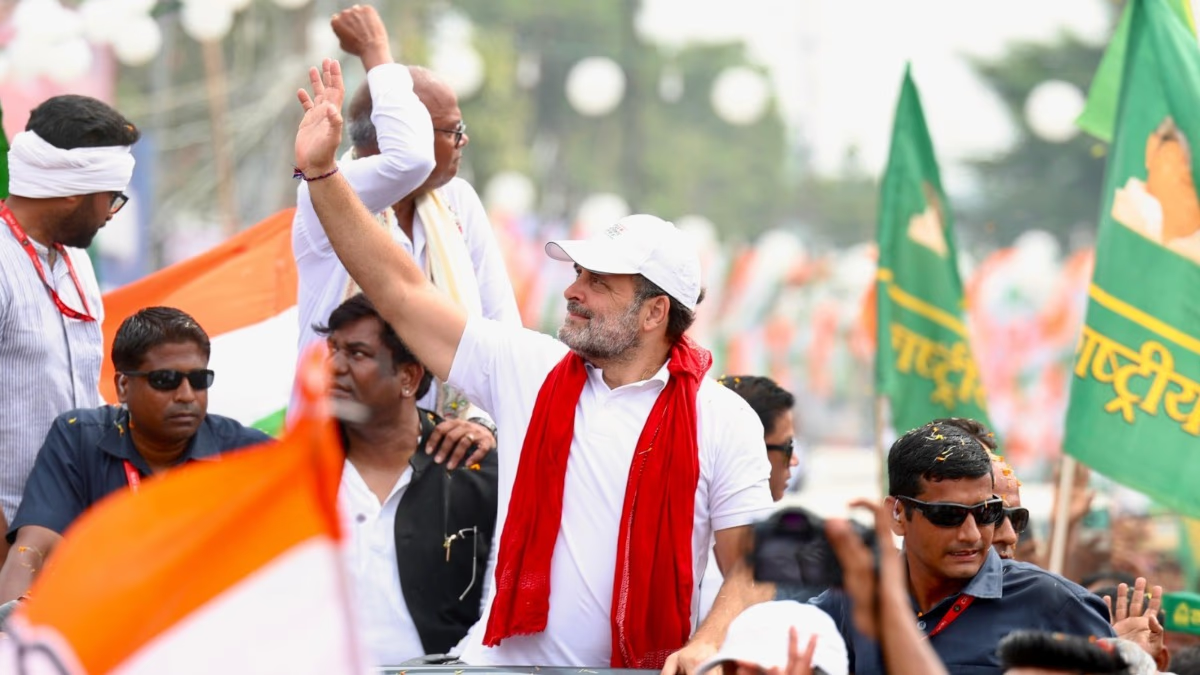The Shanghai Cooperation Organization (SCO) Summit is about to take place in China, heightening tensions in the US. China has always dominated this platform, avoiding criticism of Pakistan's terrorism. This time, Chinese President Xi Jinping plans to wield it as a showcase of his power.
US President Donald Trump feels threatened by platforms like BRICS and SCO due to their rare earth dominance. Trump had to bow to China as it holds half of the world's rare earth reserves. Brazil is next, facing a 50% US tariff. Rare earth is a group of 17 metallic chemical elements, and China is the leading supplier with about 60-65% of global production.
The big question for India is whether it will gain from an SCO dominated by China, especially as Xi Jinping uses the summit for a power show. Leaders from 26 countries, including Russia's Vladimir Putin, North Korea's Kim Jong Un, Cambodia's King Norodom Sihamoni, Vietnam's President Luong Quang, Laos' President Thongloun Sisoulith, Indonesia's President Prabowo Subianto, Malaysia's Prime Minister Anwar Ibrahim, and Pakistan's PM, will gather in Tianjin.
Recently, the Chinese Embassy in India shared an image of Lord Ganesha on social media, noting its presence in China's Tang Dynasty and Mogao Caves. Experts see this as setting a positive atmosphere before the Modi-Xi meeting.
PM Modi aims to mitigate the impact of Trump's tariff on India and strengthen ties with countries like China and Japan. Sources indicate that Modi and Xi Jinping will hold bilateral meetings twice—Sunday afternoon and before the SCO summit banquet. Modi will also meet Russia's Vladimir Putin on Monday.
The question remains: will China, which aligns with India against the US, open its markets to Indian goods? China restricts Indian products with various border rules, delaying shipments at ports, and returning them citing poor quality. The question arises whether China will ease market access for Indian goods and whether closer ties with China will prove beneficial.
India uses the SCO to challenge Pakistan on terrorism. Russia is a traditional ally, and this platform strengthens India-Russia relations. However, India's relations with China are complex, but the SCO allows both nations to discuss regional and global issues.
Experts believe that the SCO provides India with a strategic balancing opportunity. If India disengages, Pakistan will gain a free hand, which is why India cannot distance itself from this platform.
PM Modi's visit isn't just about multilateral meetings but marks a new chapter in diplomacy. Amid Trump's tariffs and the Russia-Ukraine conflict, this summit is crucial for India. After seven years, Modi and Xi Jinping will meet on Chinese soil. Will this ease tensions like the Doklam and Arunachal disputes? Will Putin meetings determine Asia's new axis? These questions garner global attention.
If Russia, India, and China join forces, it will send a strong message to the US and Europe. The question is whether India will join the China-Russia bloc or stick to its traditional policy of neutrality, aligning with all nations.
Over 20 country leaders will attend the SCO Summit, but the spotlight will be on Modi's meetings with Xi and Putin, determining Asia as the new center of global politics.




